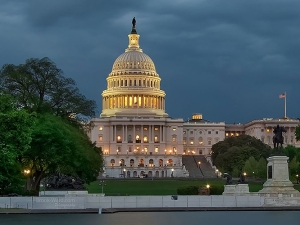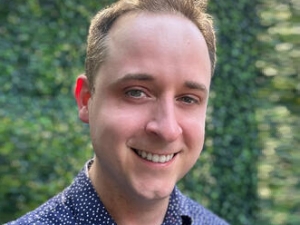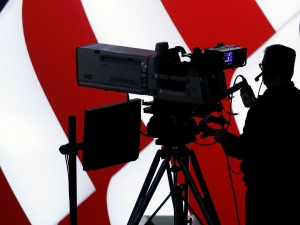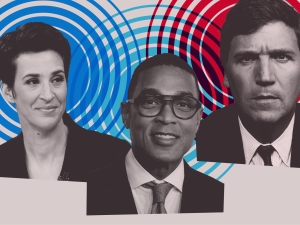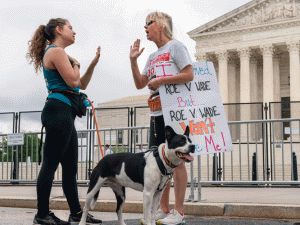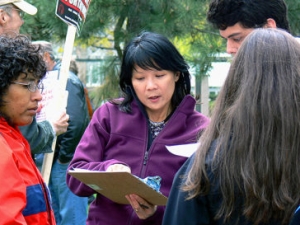

Research Expertise and Interest
political representation, elections, public impact research/scholarship, community-engaged research / scholarship, research practice partnership, community-based research partnerships
In the News
Political Scientists Launch the Berkeley Center for American Democracy
UC Berkeley Political Science Professor David Broockman Awarded 2024 Carnegie Fellowship
Deep Data — and Big Money — Are Driving a New Era in Political Advertising
Love Fox? MSNBC? You May Be Locked in a ‘partisan echo chamber,’ Study Finds
In Today’s Political Conflicts, a Heart-to-Heart Talk Goes Only So Far
When Fox News Viewers Flip to CNN, Their Opinions Shift Too, Study Finds
Want to persuade an opponent? Try listening, Berkeley scholar says
Featured in the Media
Associate Political Science Professor David Broockman joins the "Plain English with Derek Thompson" podcast to discuss how we change our minds and the biggest myths of political persuasion.
The study’s authors, which include David Broockman, an associate professor of political science, also note that the greatest benefits would likely accrue to the best-funded campaigns. The study was featured on Berkeley News this week.

